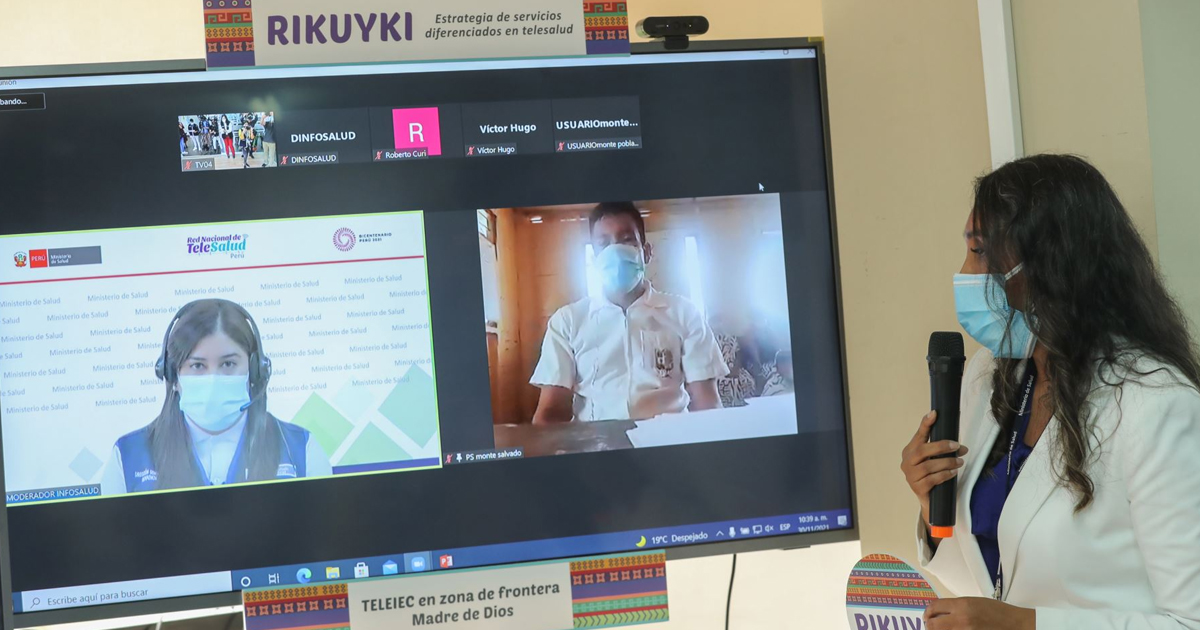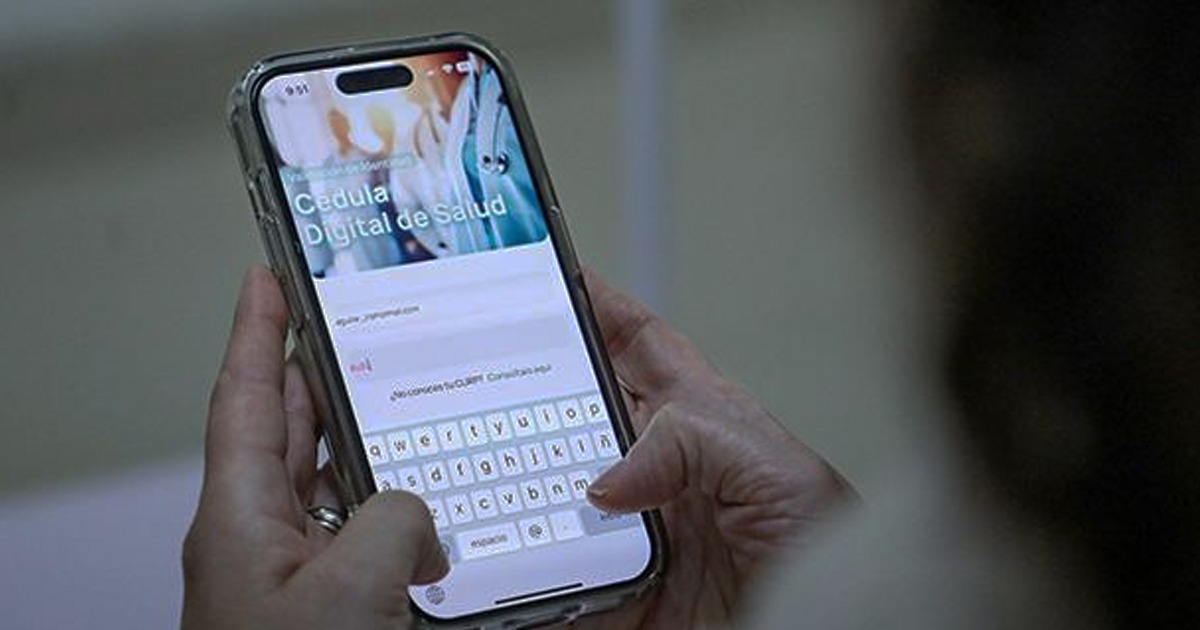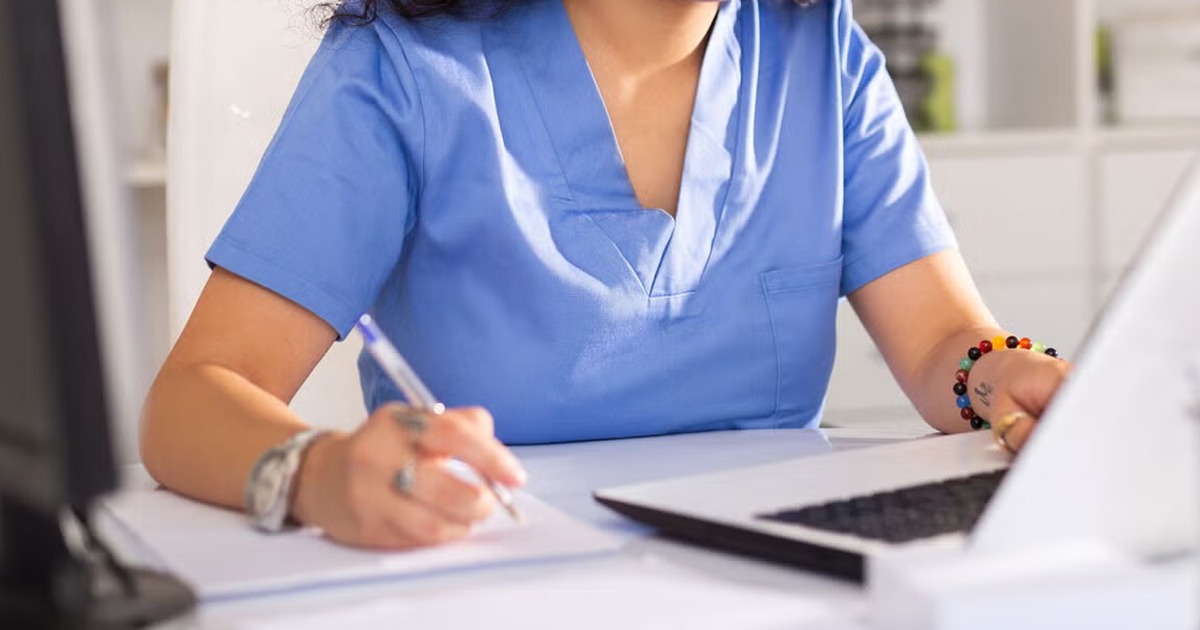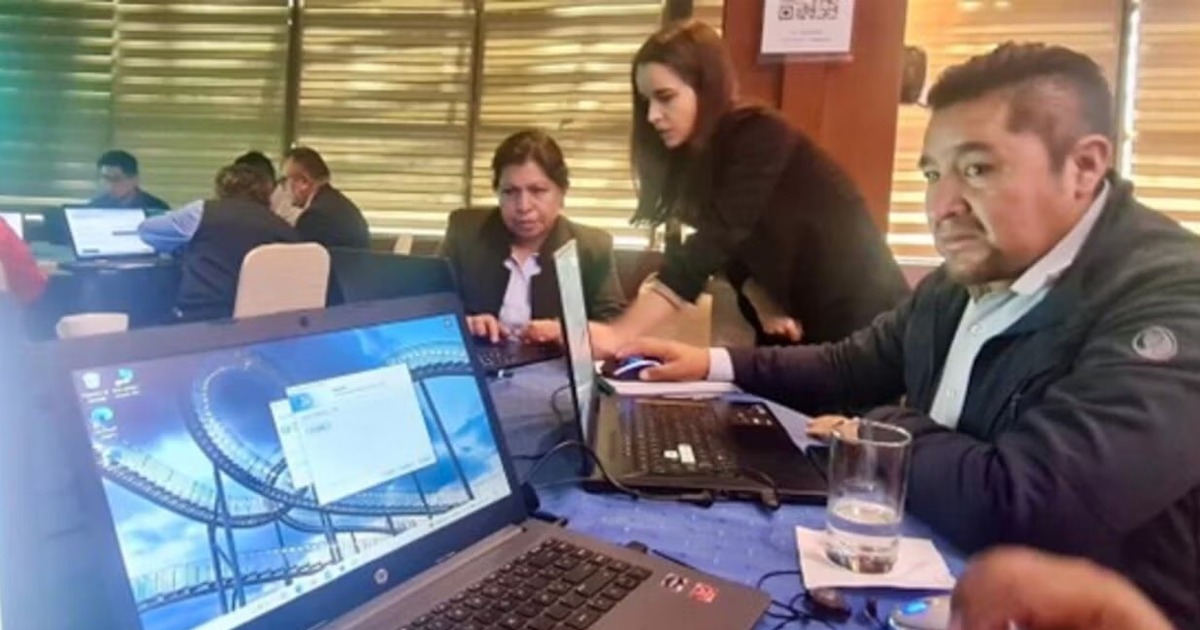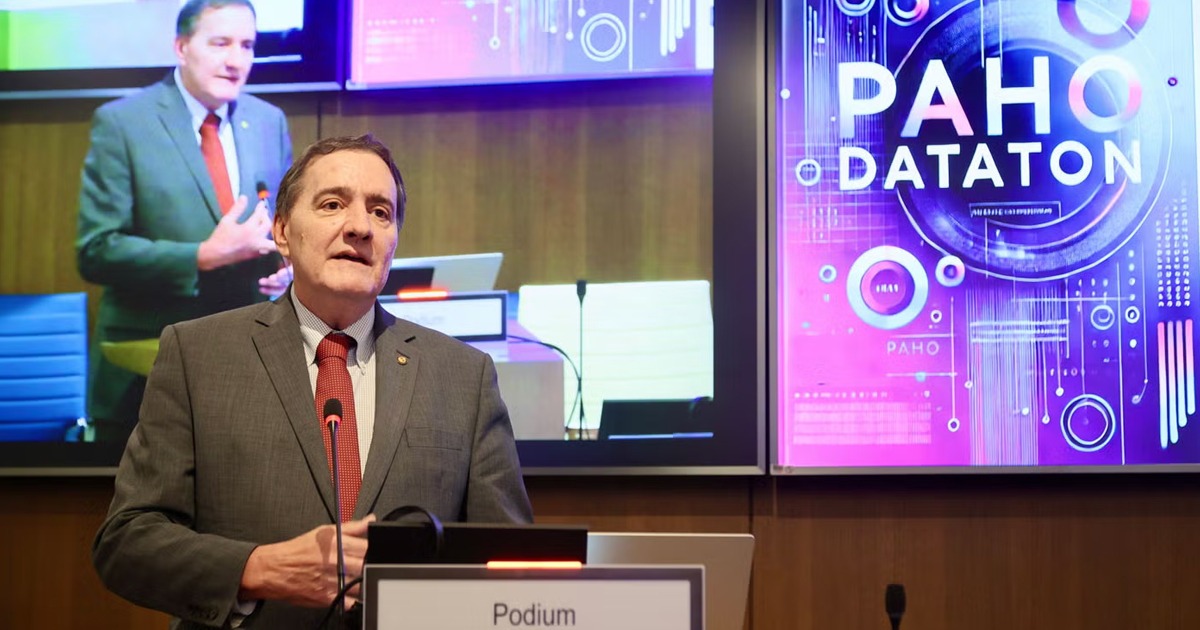The Central Telemedicine Centers (CeTeC) are support centers for remote monitoring of COVID-19 cases by telephone. They were created by the Ministry of Health of the province of Buenos Aires and are generally operated by universities.
Since April 2020, some of the CeTeCs began to operate in the province of Buenos Aires. In August 2020, the National University of Mar del Plata (UNMdP) through the Superior School of Medicine, enabled its CeTeC, thanks to the work of more than 120 volunteers from various careers.
A year after the opening of this telemedicine center at the UNMdP, the work continues and the volunteers make between 450 and 500 follow-up phone calls daily, according to the Buenos Aires Ministry of Health. The students continue to participate in this project, and in a year of work they have made more than 100,000 follow-up phone calls to suspected cases of COVID-19 in Mar del Plata.
Víctor Bazán, head of the CeTeC of this university, explained that some students have scholarships, and others are volunteers, all belong to careers such as medicine, nursing, social work, occupational therapy and psychology.
"The main objective is to cut the chain of infections because it is proven that this monitoring task is a very effective health action to achieve that goal," explained the also professor of medicine at the Higher School of Medicine to local media.
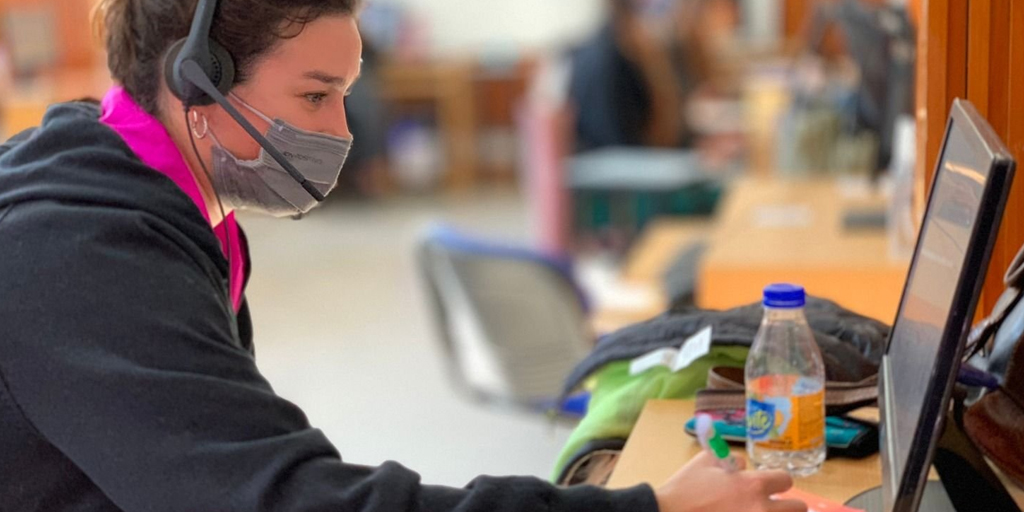
Volunteers carry out telephone monitoring through a platform called “COVID Assistance”, donated by the Ministry of Health. And it is the government of the Municipality that sends a list of the people who have been tested and thus know suspicious cases. In this way they locate these people to monitor them and avoid complications of the disease.
“What the students do is call the right people daily to contact them and carry out an assessment; There is always a lot of fear because of the symptoms they are having, but it is always explained to them that a large part of the symptoms are part of mild symptoms so that fear does not grow. Of course, we also have red flags and alarm guidelines are given to the person to see what situation can lead to an emergency consultation," Bazán explained.
